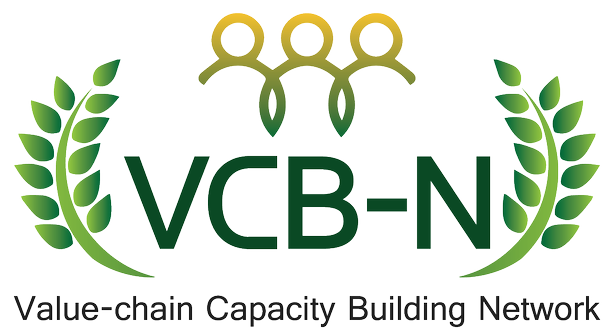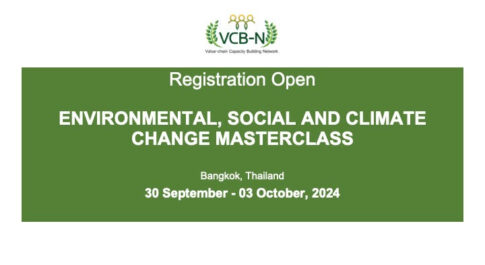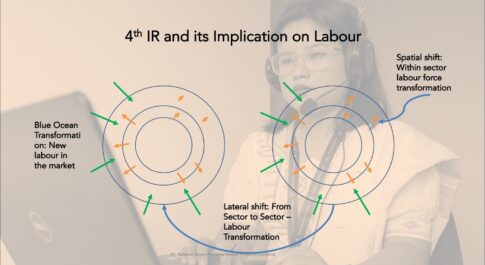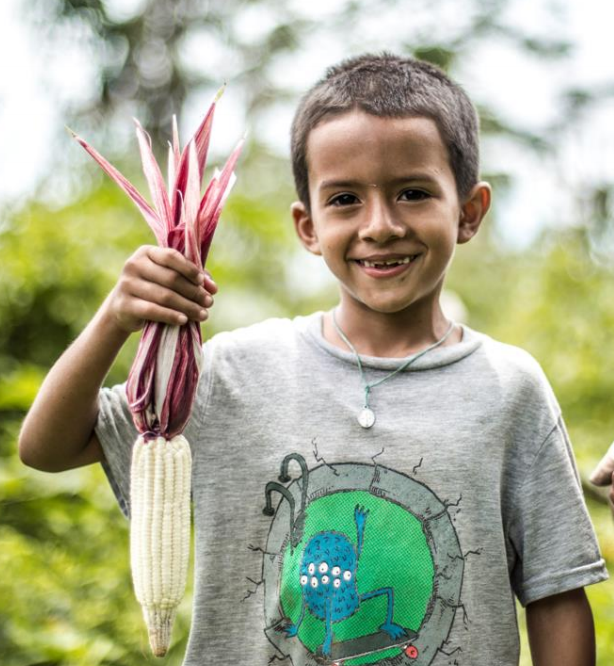
Research / event reports
Market system analysis to develop a plan for improving peanut value chain in Tra Vinh, Vietnam
This study was conducted by the Center for Technology Transfer and Services (CTTS), Can Tho University of Vietnam (CTU) in supporting the AMD – an IFAD financed project in southern Vietnam. It is a part of the activities of the component 2 of the IFAD-RTN grant funded by IFAD and implemented by HELVETAS-HIVOS.
The objective of this study is to develop a feasible intervention plan to promote the development of peanut value chain (PVC) aiming at generating better revenue for the actors involved in the PVC, especially the poor peanut producers in Tra Vinh province. The survey took place in four districts with large areas of peanut cultivation namely Cau Ngang, Duyen Hai, Tra Cu and Chau Thanh. Desk research, field trip with direct observations, KII, FGDs and consultation workshop were among the methods for data collection. MSD donut approach has been used as the main methodology for the analysis and intervention design.
The study findings show that the Tra Vinh PVC was rather complex, with six supply channels functioning in parallel. The dominant supply channel comprised raw materials /peanuts of household producers being sold to local collectors/wholesalers/processors, then these actors resold to traders outside the province. The product quantity consumed through this channel was relatively large but unstable and its future prospects are unpredictable. Although the current profits for the peanut producers were good, however, this channel also was regarded risky and volatile in the long term.
The most vital challenge in the current PVC functioning was the degradation and shortage of seed-stock for the Winter Spring season. This has pushed up the price of peanut products in Tra Vinh, leading to a reduction in competitiveness compared to similar products produced from other provinces. The next major challenge was the limited capacity to develop effective horizontal and vertical linkages between actors, necessary to improve chain integration and coordination. Also, the awareness and business capacity of producers, processors and collectors/wholesalers participating in the value chain were relatively limited. The capacity of creating value-added products and making use of peanut by-products to produce organic fertilizers for other production units in the farming sector has not yet attracted the interest of actors. Finally, trade, packaging and improving designs for the peanut products as well as trade promotion efforts have not been paid due attention by actors, particularly commercial processors.
Even though, the local government and departments has supportive policies and plans to promote the PVC. Yet, these support mainly focused on production and basic processing. While, there was still lack of coordination between projects such as AMD and SME, notably in the trading stage.
The study recommended inter-related solutions to improve the PVC by reducing costs of all production stages, and adding values into products for better revenue. These include improvement of seed-stock, productivity, quality of varieties and pre-processed commercial products, more investment on mechanization of all production stages, packaging, labeling and reinforcement of product promotion. Making use of by-products like producing organic fertilizer by using peanut pods is further suggested. Last but not least, a multi-stakeholder dialogue for an effective co-ordination between related local government agencies to generate synergies among policies in SEDP, AMD and SME projects is seen as necessary to create an enabling environment for an effective development of the PVC.
For full report, please click here
You may want to read








